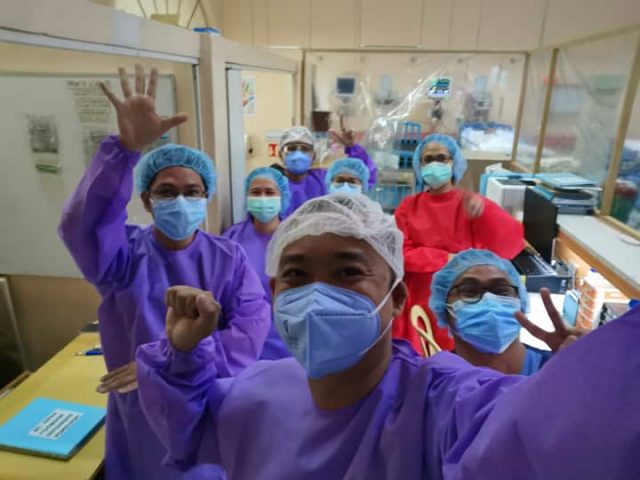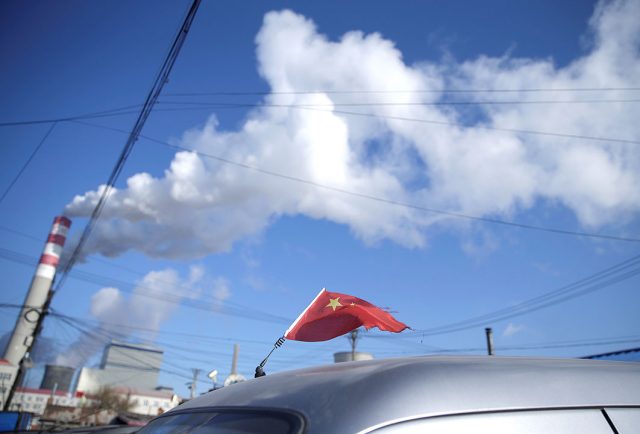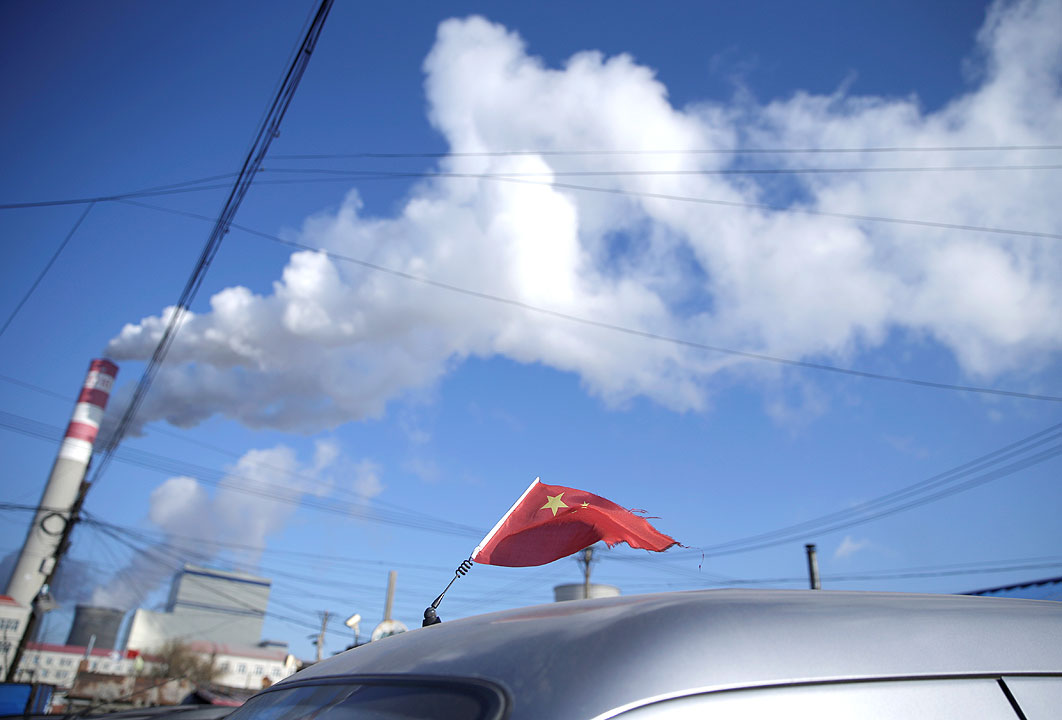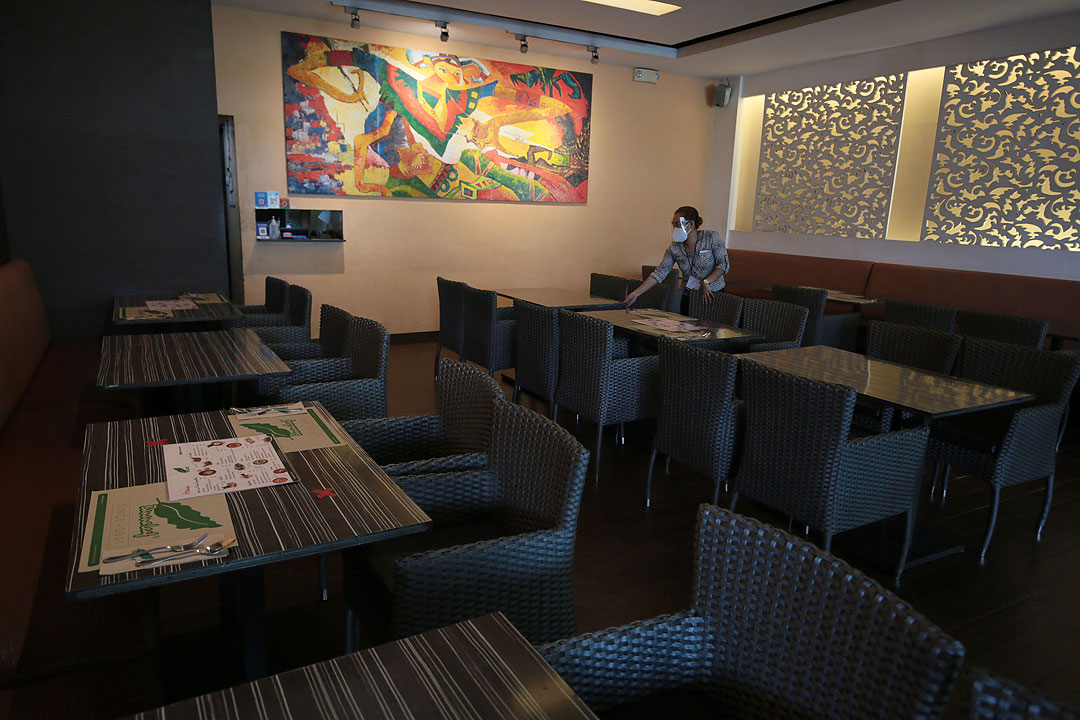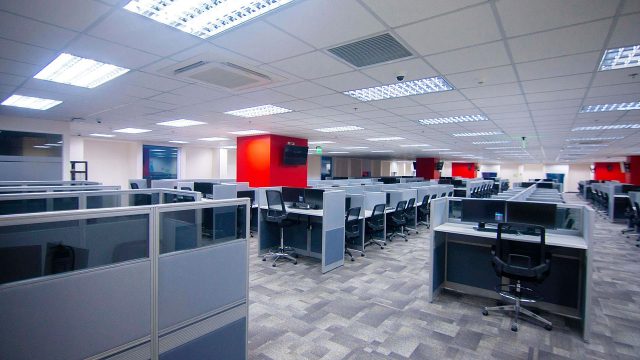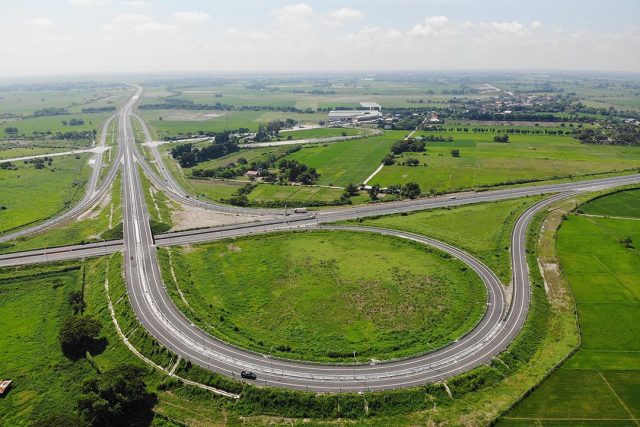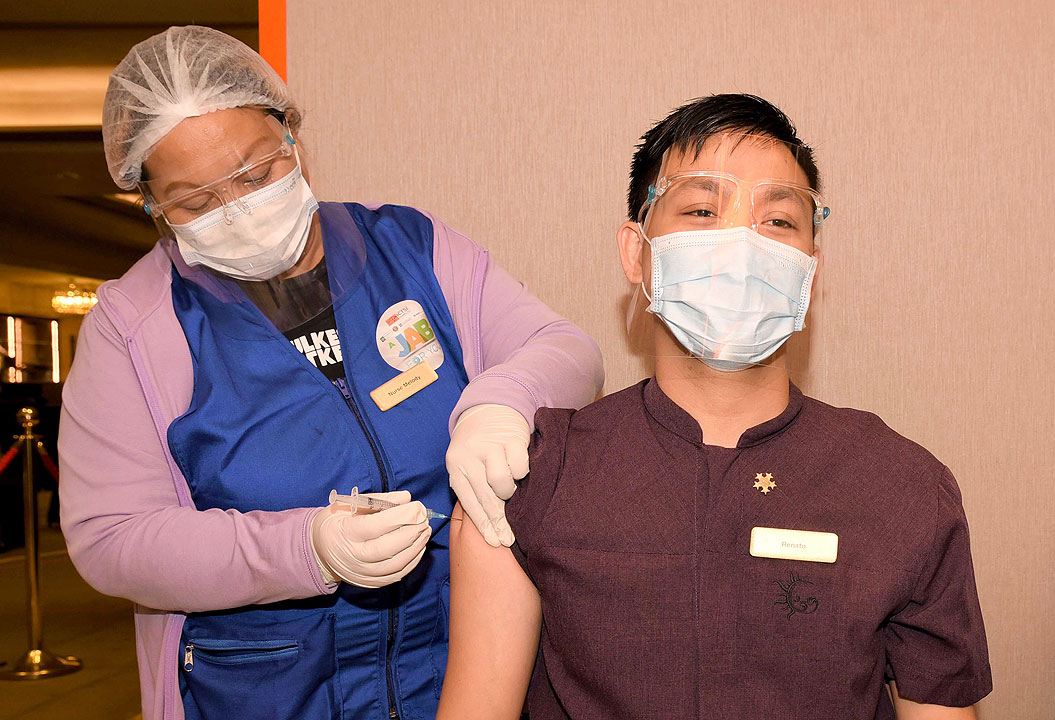Help frontliners and marginalized communities fight COVID-19 by donating your Globe Rewards points
As celebrations continue this September, dubbed as 917 month, Globe hopes to rally its customers to help in the fight against COVID-19 by encouraging them to donate their Globe Rewards points to provide support to frontliners, COVID-19 patients and indigent families.
Globe supports several initiatives that directly impact the ongoing battle against the dreaded disease. It also customized its digital solutions and platforms like GlobeOne app to provide customers a way to show malasakit and support for their chosen advocacies anytime and from the safety of their homes.
“As a company, we strive to do our part in contributing to the solution against this ongoing pandemic. Since the launch of the donation feature on Globe Rewards, the support from our customers has been nothing but overwhelming. Through our collective support for our partners in the healthcare sector, we hope to continue working together in alleviating the local health situation,” said Yoly Crisanto, Globe Chief Sustainability Officer and SVP for Corporate Communications.
Globe has spearheaded several donation drives that helped organizations at the forefront of the global health crisis. Company employees organized #OneGlobeVsCOVID and raised over P27.5 million in a fundraising initiative to provide much-need personal protective equipment, face shields, and face masks to healthcare workers in 60 hospitals.
In April 2020, a total of 491,821 Globe subscribers also raised more than P36 million in cash donations through their Globe Rewards points, benefiting health workers and frontliners in 10 medical institutions nationwide. The level of engagement witnessed from the subscribers was historic for Globe Rewards’ Donate program as it was the highest amount raised for a single campaign.
Globe Rewards is also a partner of the PGH Medical Foundation and staunchly supports the organization’s advocacy for caring for pediatric cancer patients and frontliners and patients affected by the pandemic. In the recent Brigadang Ayala initiative that supports hospital personnel, PGH medical director, Dr. Gerardo Legaspi, thanked Globe and Globe Rewards for their unwavering support.
“In the early days when resources were scarce, they were ready to lend a hand, making us equipped with ventilators, testing machines, PPEs all until we’ve been sufficiently supported by other groups for us to continue operating. Nagulat kami, even as we sleep, the Globe Rewards continue to pour in. Every time I check with the [PGH] foundation, may pera pa. We have the opportunity now to put the attention on the most important resource of our hospital, which is our human resource,” said Dr. Legaspi of the initiatives that raised more than P23 million for the PGH Medical Foundation.
Aside from healthcare support, Globe also extends assistance to families going hungry due to current mobility restrictions. Globe sought to address this by partnering with the Walang Iwanan Alliance (WIA), a citizen-led initiative to build a platform that unites all efforts to mitigate or end hunger in the most vulnerable communities across the country, especially those deeply affected by the pandemic.
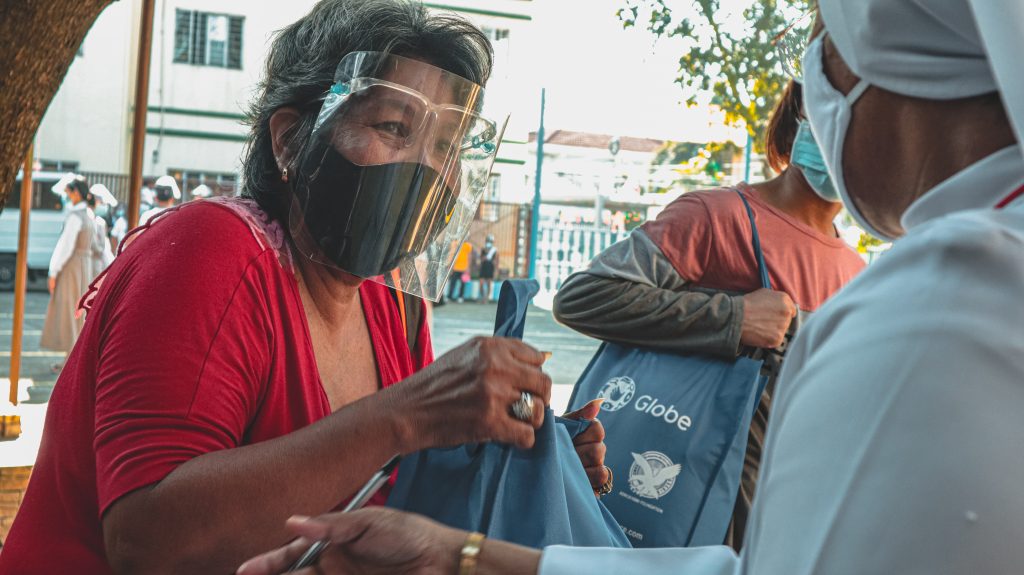
Last year, the company donated more than P4 million to the cause. It was followed by another donation worth P1.2 million, which came from the fundraising drive initiated by our customers through Globe Rewards.
The impact of the pandemic has left thousands suffering while natural disasters only compounded their problems. This year, WIA was able to focus its initiatives on helping feed families at local food banks and provide community pantry services for those who needed it most.
Continue supporting COVID-19 related initiatives by donating via Globe Rewards. Download the new GlobeOne app now. Atin ang #GDayEveryday.
Globe strongly supports the United Nations Sustainable Development Goals, particularly UN SDG No. 9 for Industry, Innovation, and Infrastructure. Globe is committed to upholding the United Nations Global Compact principles and contributing to 10 UN SDGs.
Learn more by visiting www.globe.com.ph.
Spotlight is BusinessWorld’s sponsored section that allows advertisers to amplify their brand and connect with BusinessWorld’s audience by enabling them to publish their stories directly on the BusinessWorld Web site. For more information, send an email to online@bworldonline.com.
Join us on Viber to get more updates from BusinessWorld: https://bit.ly/3hv6bLA.

